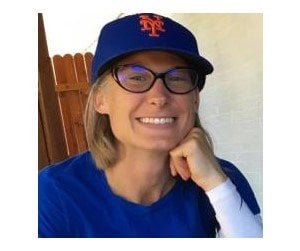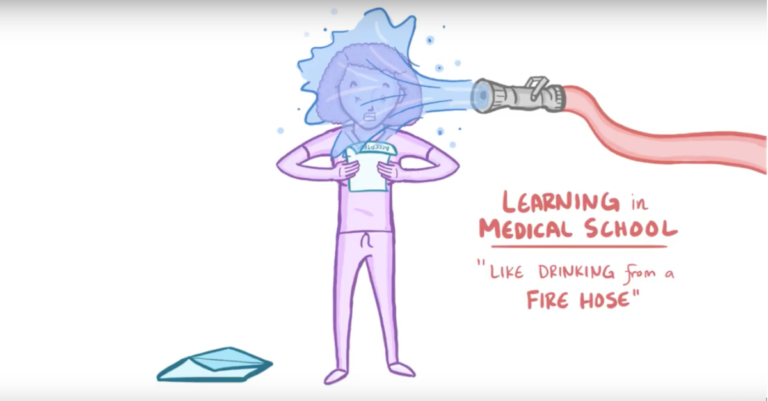
5 Up-and-Coming Topics in Medicine That Students Should Know About
Breakthroughs in patient care are happening in leaps and bounds due to the convergence of ... Read more
Written by: Guideline Central
Published on: November 16, 2017

Breakthroughs in patient care are happening in leaps and bounds due to the convergence of ... Read more
Written by: Guideline Central
Published on: November 16, 2017

The Tutor The People Interview Series is an ongoing discussion with people from all walks ... Read more
Written by: Tutor The People
Published on: November 15, 2017

There’s no question that medical school is tough, especially when you consider the amount of ... Read more
Written by: Eric Brown
Published on: November 13, 2017

Demonstrating proficiency in the basic sciences is a hallmark of a good medical school application, ... Read more
Written by: Cassie Kosarek
Published on: November 8, 2017

The University of Tennessee Health Science Center (UTHSC) sits in the heart of Memphis, one ... Read more
Written by: Stacy Smith
Published on: November 7, 2017

Ask any doctor, in any specialty and of any age, and they will remember their ... Read more
Written by: Jacob Adney
Published on: November 6, 2017

10-24 hour shifts. Call days. Night float. Step prep. Away rotations. The nature of medical ... Read more
Written by: Amy Rakowczyk
Published on: November 2, 2017

Dr. Mary Jean M. has spent the last decade researching in various laboratories, from plant ... Read more
Written by: Mary Jean M
Published on: November 1, 2017

Last month I wrote about the process of applying for residency, and noted how this ... Read more
Written by: Brent Schnipke
Published on: October 30, 2017

Republished with permission from here. “Telestroke,” a telemedicine approach to acute stroke care, is revolutionizing how we ... Read more
Written by: Nitin Venugopal
Published on: October 25, 2017

I walked into the room with my stethoscope around my neck, still running through everything ... Read more
Written by: Adelle
Published on: October 23, 2017

In the US alone, there are literally thousands of state, regional and national medical associations ... Read more
Written by: Guideline Central
Published on: October 19, 2017

Dr. Ali Wong is a plastic surgery resident in Nova Scotia, Canada and creator of ... Read more
Written by: Gloria Onwuneme
Published on: October 17, 2017

During the first years of medical school, we are taught a huge volume of material, ... Read more
Written by: Jacob Adney
Published on: October 16, 2017

Receiving multiple admissions offers to medical school can be both thrilling and daunting for prospective ... Read more
Written by: Cassie Kosarek
Published on: October 11, 2017

Mindfulness practices have gained momentum in the modern world and with good reason: they are ... Read more
Written by: John Hankey
Published on: October 9, 2017

In my previous article, “Division of Labor: How to Keep a Household Running While Your ... Read more
Written by: Amy Rakowczyk
Published on: October 5, 2017

Undergraduate students do not need told, again, how important it is to be involved in ... Read more
Written by: Brent Schnipke
Published on: October 4, 2017

Congratulations on getting accepted to medical school! Becoming a physician is a long and tough ... Read more
Written by: Osmosis
Published on: October 3, 2017